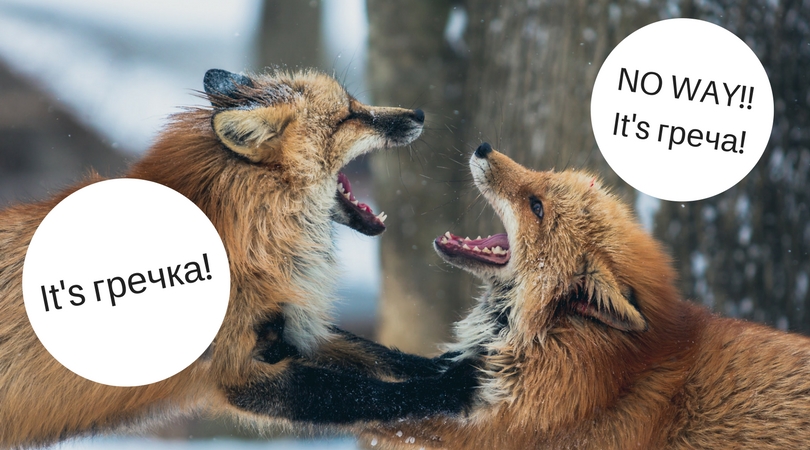
After reading the title, a question will surely have arisen spontaneously: don’t they speak normal Russian in St. Petersburg? Well, sure, they do speak it. The language that is spoken in St. Petersburg is the same that is spoken in Moscow, Irkutsk or Vladivostok.
The locals, however, have their own way of saying certain words, using their own special slang.
These words are mostly used while speaking, and they’re an “altered” version of the official Russian version of the same term. It’s important to know all the local language nuances as they are an integral part of culture – like all those idioms and expressions that make you sound more fluent when you speak Russian.
Rest assured that if a person in Spb hears you use these words during a conversation, they will be pleasantly surprised.
This is the name of a typical Middle Eastern food. It is made of meat (usually beef, chicken, or lamb) that is marinated, roasted slowly on a spit, and cut into thin slices. It is often wrapped in pita bread and served with vegetables and hummus. It is really popular in St. Petersburg, especially as a takeout.
This is the word for “border”. The two versions are quite different right?
This word means “buckwheat”, which has numerous health benefits and is tasty, easy to prepare and inexpensive. Did you know that Russia has the largest gross buckwheat consumption per capita in the world?
Russians who do not live in Saint Petersburg find the local version of the word for “chicken meat” really funny. At least, it is faster to say… but be careful, it only applies to chicken meat, not the bird!
It turns out that the expression “loaf of bread” using the word булка is quite bizarre in St. Petersburg (although both of these words are only used when talking about white bread; for every other variety of bread everyone uses the word хлеб).
There’s an interesting story behind the word for “turtleneck”. According to one version, Ban-Lon was the name of a fabric, which was made by an American company during the 50s. According to other sources, that material was developed by the Indians. Anyway, it was an artificial nylon-type fabric, from which fashionable turtlenecks and socks were made. As you can see the word badlon is really similar to Ban-Lon.
And now that you know these words… you’re ready for an authentic SPB conversation!

Students will be happy to learn that the Russian Government has today announced plans to make Russian language easier in an effort to simplify greater international engagement. …

In a previous post, we revealed that Russians don't really say “na zdarovje” when they toast. While the phrase has been popularised in English language media – and a lot of Russians will nod politely and clink glasses with you if you use it – it’s not something a native speaker would ever…
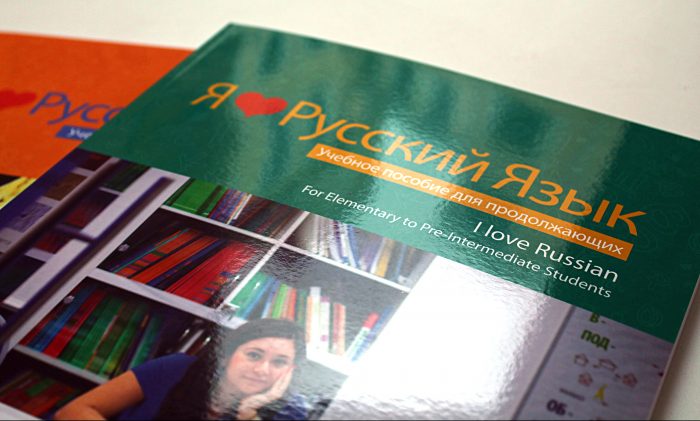
Improve your Russian while working as an expat? Mission possible! …
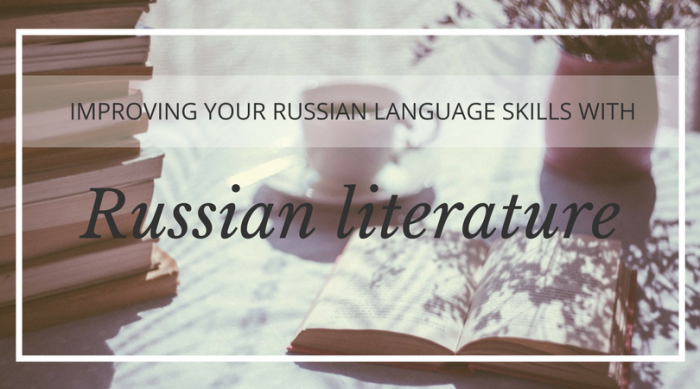
What could be a better way for Russian immersion than reading, especially when you read the books that you find interesting and that can give you a better idea of the culture of Russia? Co-founder of Liden & Denz, Walter Denz shares his experience on how reading Russian literature can improve your…
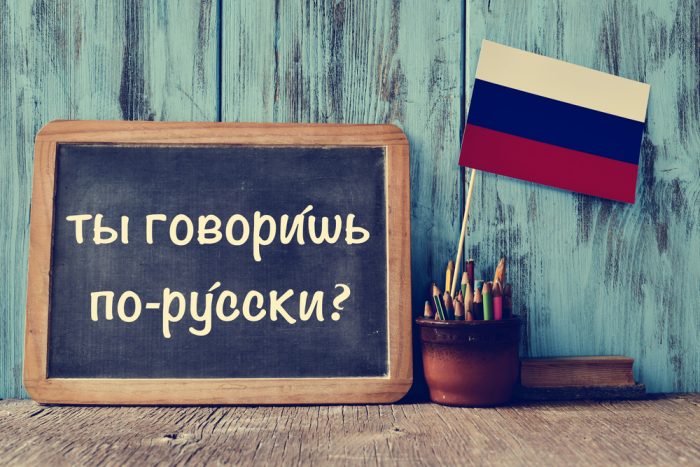
Learning a language is hard. Keeping it when you don't have classes is even harder. So this article is not about how to learn Russian, but how to maintain your Russian. …

Learning the Russian language can be a long, hard slog. Days, weeks, months spent poring over textbooks, attempting to understand the cases, crying over aspects, endeavouring to pronounce ы and щ. …

Many language learners desire to communicate well with native speakers of the language or those who speak it. I have always dreamt of talking more fluently and texting through social media with my Russian friends better. It is no exaggeration to say that good communication skill gives you an…
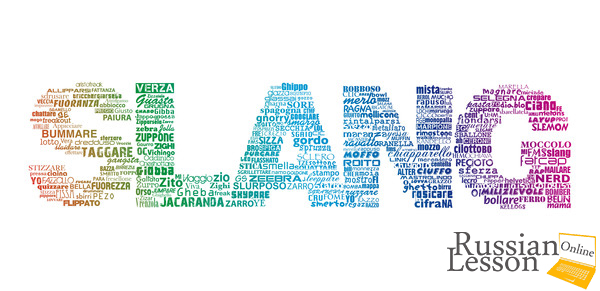
If you are already able to speak Russian, then congratulations! You are on a good way. But even if you are, let’s say, on level B2, you have probably been in situations with Russians, especially younger people, where you did not understand everything they said — either because they were speaking…